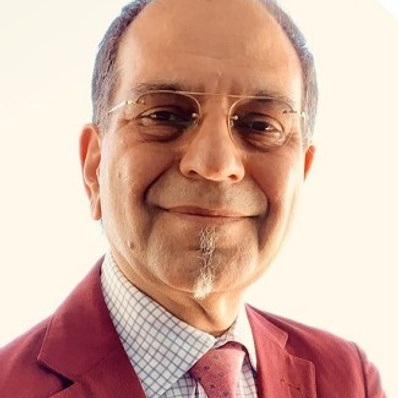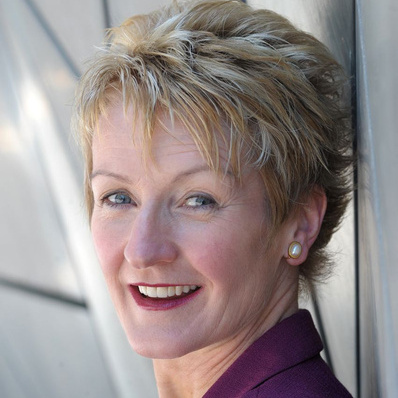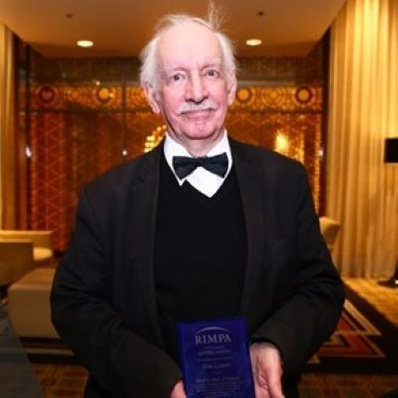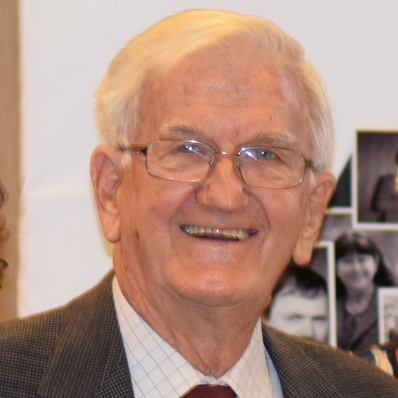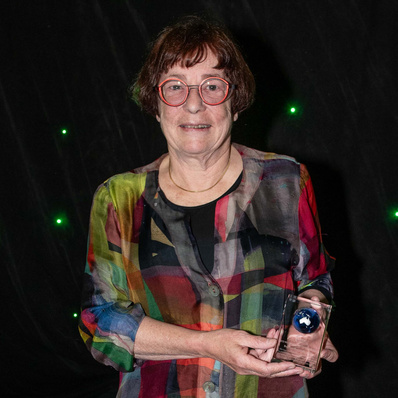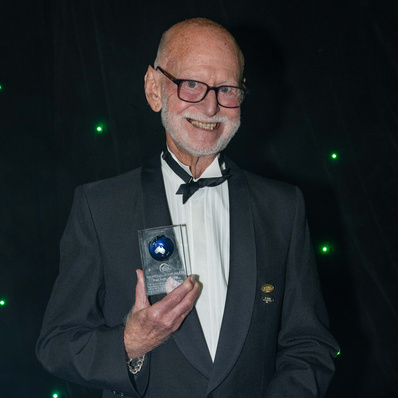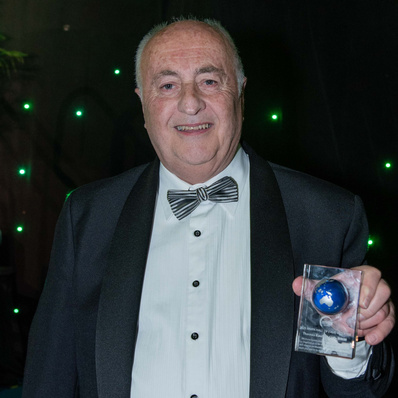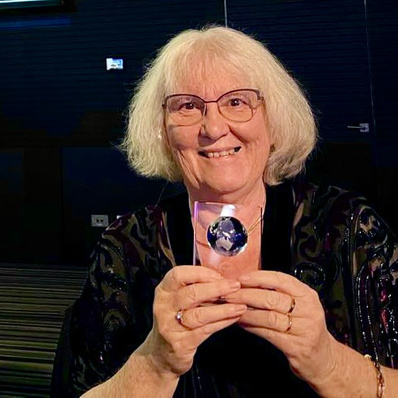Founded in 2019, the RIMPA Global Hall of Fame honours remarkable contributors in the records and information management industry.
As the digital age continues to transform how information is captured, stored, and accessed, the importance of thorough records and information management has never been greater. The individuals celebrated in this Hall of Fame have played a crucial role in setting industry standards, driving innovation, and ensuring the integrity and accessibility of information.
Through their leadership, expertise, and commitment, they have strengthened recordkeeping frameworks, influenced policy and best practices, and fostered a culture of excellence in managing information assets. This Hall of Fame serves as both an acknowledgment of their achievements and an inspiration for future generations of records and information professionals.
ELIGIBILITY
Nominees are presented to the RIMPA Global Board with the inductees chosen due to their long-standing commitment and dedication to RIMPA Global and/or how they have influenced the direction of the records and information management industry. Their contributions will have impacted and inspired their peers and younger members, encouraging them to achieve their potential.
The following details the eligibility criteria:
- Any member of RIMPA Global may be eligible for induction into the Hall of Fame irrespective of their employer (they can be vendors).
- Sitting members of the RIMPA Global Board cannot be nominated or inducted into the Hall of Fame.
- A member of the advisory panel may be a nominee but shall not provide feedback on their induction into the Hall of Fame.
- There shall be a maximum of three inductees to the Hall of Fame each year. There is no minimum requirement.
- Nominations for induction into the Hall of Fame cannot be self-submitted.
For further information on submitting a nomination, click here to download the Hall of Fame criteria document.


